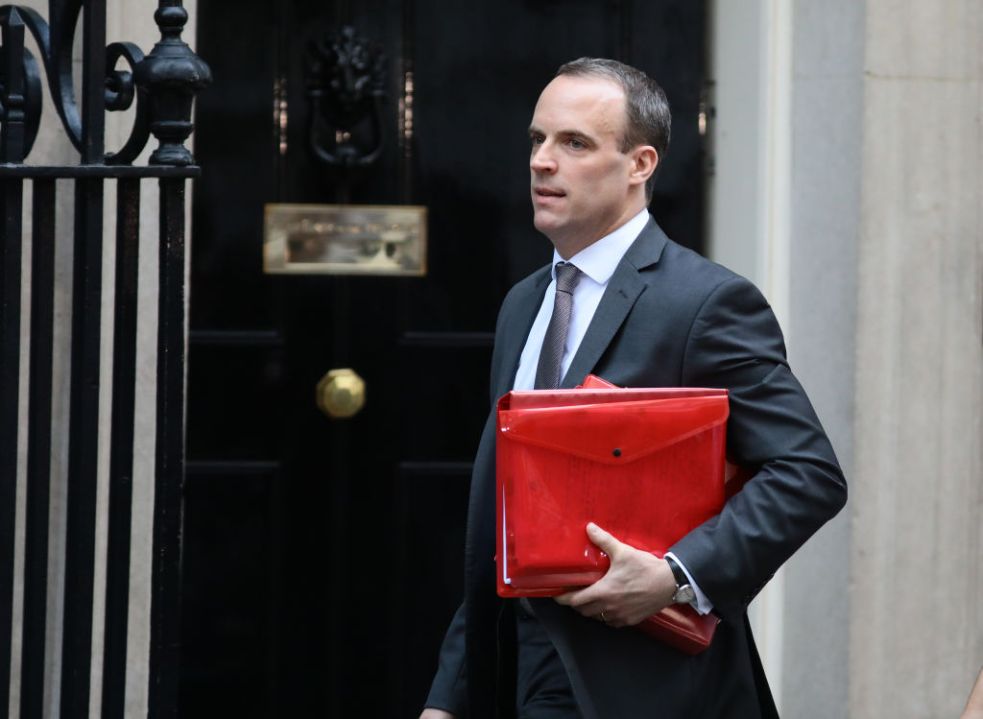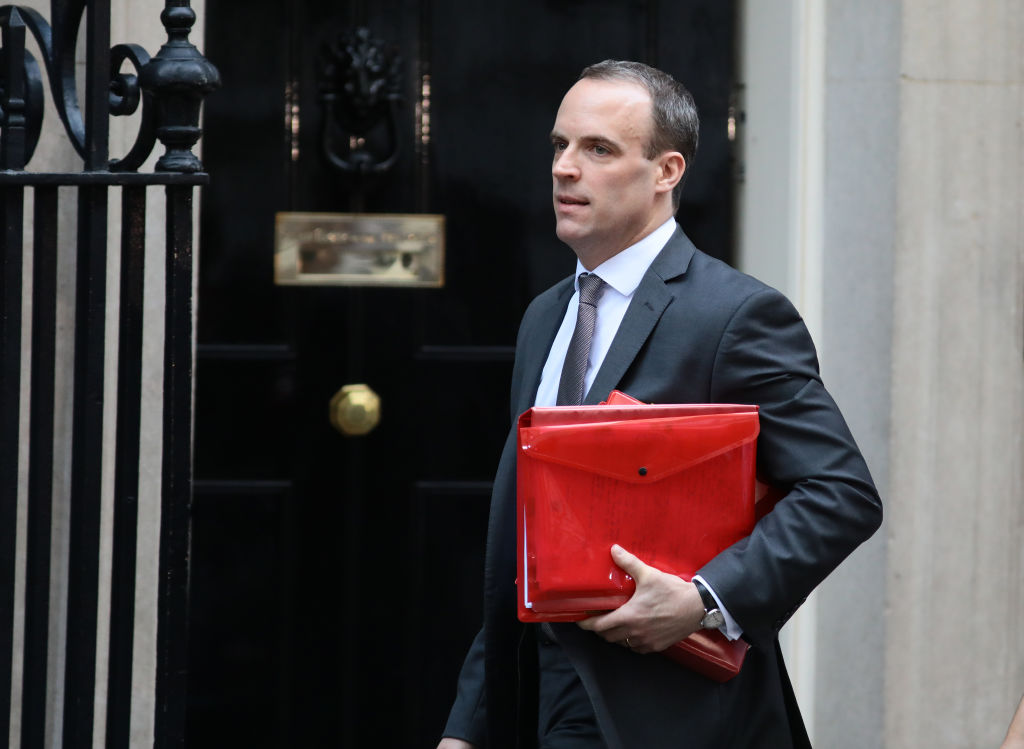Of course, Raab didn’t do that. He describes himself as “someone who is passionate about equality and wants a fairer society.” What Raab rejects is the term itself: feminism. And Raab is not alone. In fact, his position represents the vast majority of women in the UK.
Most women don’t identify as feminists. Young women, older women, and especially women in lower income brackets actively reject the term. In a study carried out by the Fawcett Society last year, only 18 per cent of women aged 18-25 identified as feminist; and support went down from there. Just 9.2 per cent of women surveyed overall opted for the label.
Other studies are slightly more generous to the ideology. A 2018 YouGov poll found that 34 per cent of women called themselves feminist, placing over 65 per cent of women in the Raab camp.
It is not radical, misogynistic, or remotely out of place to reject the term feminism. It’s the default position. This will shock and terrify woke Twitter I’m sure, but can they really claim dismay? When you consider the path the ideology has taken in recent years, it’s no surprise that men and women alike have rejected the loaded term.
Modern feminism in places like the UK and US seems more interested in promoting sex strikes than it does with female genital mutilation or violence against women. Feminist crowds applauded David Schwimmer for reverting to the Victorian era by offering a female film critic a chaperone for a meeting in a hotel. Feminist darling Lena Dunham uses her precious time to call out a university for “cultural appropriation” – because it served sushi in the dining hall.
Nothing about the modern movement is relatable to your average woman. Yet celebrity activists claim that ‘to be a feminist’ is simply to ‘believe in equality between men and women’. That may have been true several decades ago – but no longer. These days, feminism oozes political identity just as much as membership of a political party does.
The feminist manifesto leaves little room for dissenting views or personal interpretation. Its centrepiece is the gender pay gap, which is statistically butchered by varying campaign groups and the mandated pay gap reporting measures, distorting our sense of reality and proportion.
If you look at the official data, the pay gap is the lowest it’s ever been on record (with women earning more than men on average in part-time work); but if you look to feminist orthodoxy, you’d think 1950s secretaries had more rights at work than women have today.
Goodness forbid you don’t subscribe to the whole package or you have queries about the maths and data behind feminist talking points – then you are guilty of normalising far-right narratives, a traitor to the sisterhood, or perhaps worst of all, a victim of internalised misogyny.
One thing’s for sure – you can’t be part of the feminist club. This might help to explain why most men and women – who value free thought – aren’t in the club (and why they don’t feel compelled to sign up).
Rather than pointing the finger at Raab today, perhaps advocates of modern feminism should look inward and consider why, on this particular issue, the non-feminist represents the consensus more than they do.
Kate Andrews is Associate Director at the Institute of Economic Affairs








Comments